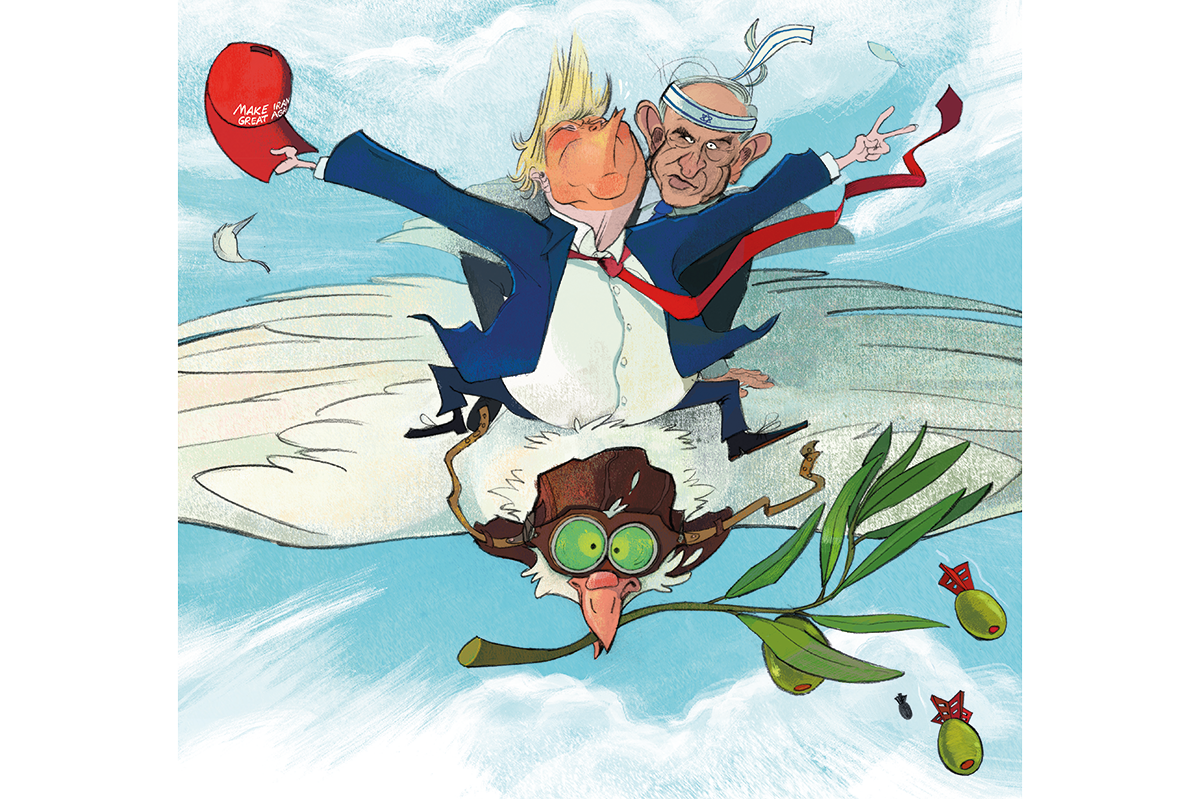Ben & Jerry have never been shy about making politics part of their brand. The ice cream makers have made social activism a mainstay of their corporate outlook in recent years, with stunts including the refusal to serve two scoops of the same ice cream flavor in Australia (in support of same-sex marriage) and unveiling an anti-Trump batch flavor called ‘Pecan Resist’ to ‘lick injustice.’ They even found time to involve themselves in little local difficulties across the pond, berating UK home secretary Priti Patel last year for trying to stop migrants from crossing the English Channel in boats.
Now, though, one of the company’s stunts appears to have backfired spectacularly. In July the ice cream manufacturers declared that Ben & Jerry’s would stop sales in the ‘occupied Palestinian Territory’ as ‘we believe it is inconsistent with our values for our product to be present within an internationally recognized illegal occupation’. And who better to defend those values than Ben Cohen, appearing alongside his co-founder Jerry Greenfield in an Axios on HBO interview this weekend?
The septuagenarian Sanders supporter could only flounder when asked about the reasoning behind the Israel boycott, as the company he started continues to peddle its wares in Georgia and Texas, despite attacking the abortion and voting rights laws in those two states.
Still, Cohen should not be too discouraged. It’s hard to be consistent in a profit-making world — something Ben & Jerry’s must know only too well. The company is owned by Unilever — the corporate behemoth which in 2016 was forced to settle with almost 600 workers in India after they were allegedly exposed to mercury in one of the company’s thermometer plants. It came two years after other allegations from a Dutch research center that in 2014 the company’s Kenyan workers had been poorly housed with many experiencing sexual harassment. Unilever denies the allegations.
Should we now expect a new humble pie flavor? Or perhaps Ben & Jerry’s should begin by putting its own house in order…
This article was originally published on The Spectator’s UK website.

























